Is Australia still the Lucky Country?
Poverty, home ownership, education, corruption, the environment … on many measures Australia seems to be going backwards. But would you want to live anywhere else?
National
Don't miss out on the headlines from National. Followed categories will be added to My News.
The sunburnt country. The great southern land. Terra Nullius. New Holland. Blackfella country. The Antipodes. The 51st state of America. The land down under. Oz. ’Straya.
Australia has borne many names over its long life. Some stuck; others fell away. But one of its most enduring titles remains the Lucky Country.
It’s a descriptor Aussies use with affection and pride, most of us happily oblivious to the fact it was never actually meant as a compliment.
“Australia is a lucky country, run mainly by second rate people who share its luck,” author Donald Horne wrote in his surprisingly pugnacious 1964 bestseller.
He argued that Australia got by on a remarkable mix of providence and happenstance, rather than a spirit of ingenuity, or any particular smarts from its political class.
The Australia he wrote about was a markedly different place to today – it was a country that did not officially recognise its Indigenous people, and where the British flag still flew at official events. There was not a single woman in the House of Representatives, the White Australia policy still existed, and Adelaide was still our third biggest city.
Writing just after the torpor of the Menzies years, Horne’s account was searing. While Australia was lucky, he wrote, it wasn’t at all plucky, with low rates of entrepreneurship; it was also marked by parochialism, conformity, mediocrity and a lack of curiosity about the world. It was a place where top managers in business never read books, he claimed, and where the standard of debate in parliament was lower than any other country.
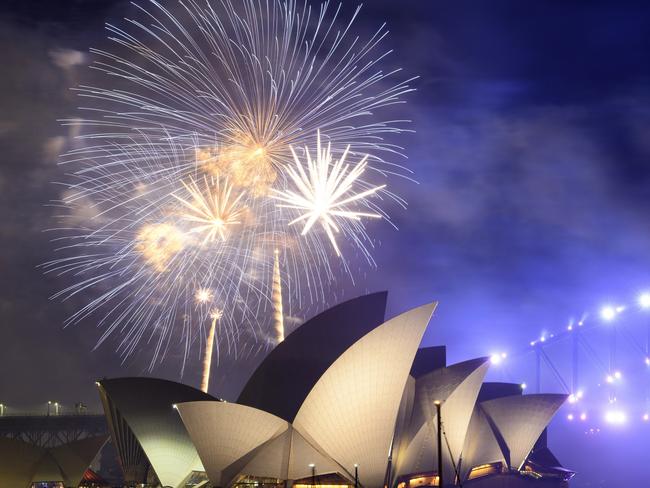
But Aussies embraced the Lucky Country concept without irony or caveat. To them it simply seemed to describe something they felt to be true.
And it’s not too hard to see why. Look around the world at the number of countries torn apart by war or internal division, or just afflicted with lousy weather, and this country of ours pretty much sparkles in comparison.
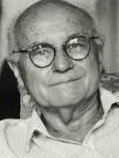
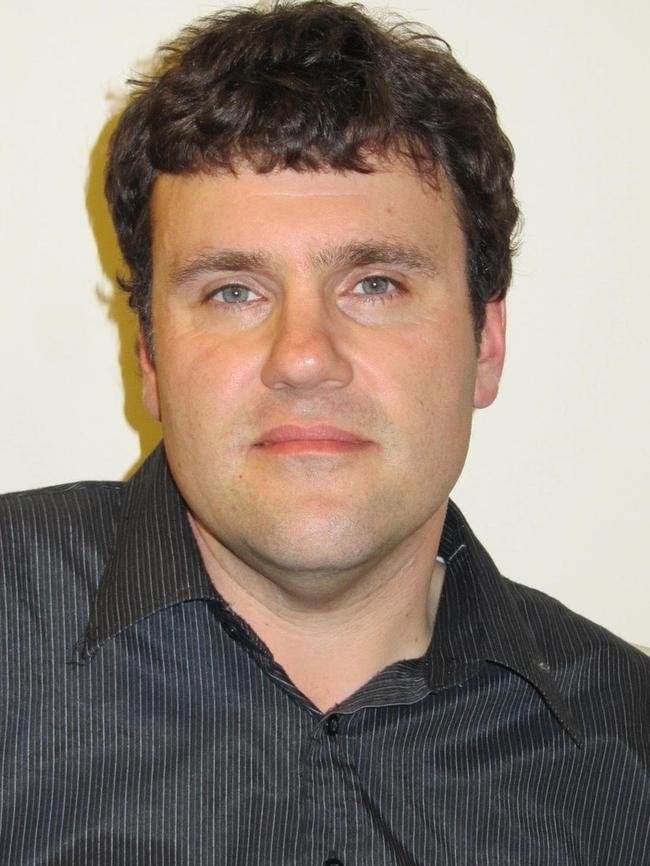
And the idea lives on, said Frank Bongiorno, professor in Australian history at the ANU.
“In a lot of ways, our current prime minister’s favourite question, ‘How good is Australia?’ – that kind of idea is very much in keeping with the non-ironic use of the term ‘the lucky country,’” he said.
“The basic idea of Australian innocence and good fortune are incredibly resonant.”
REALITIES OF AUSTRALIA TODAY
But nearly 60 years on from Horne’s book, does the tag really still have meaning? Even then, the author was warning Australia’s luck was about to run out. Has it actually happened? Is Australia like the long-running TV series that was once great, commanding accolades and amazing ratings, but which then falls into lesser seasons?
Certainly the Australian dream of home ownership has come apart for many. At the time Horne wrote The Lucky Country, Australia’s rate of home ownership was the largest in the world; now one in three of us rents, according to the ABS, and Sydney, Melbourne and Adelaide all sat square in the top seven most unaffordable cities worldwide in a recent global survey. At the end of the Twentieth Century, 40 per cent of homeowners owned their properties outright, but that proportion has now fallen to 30 per cent.
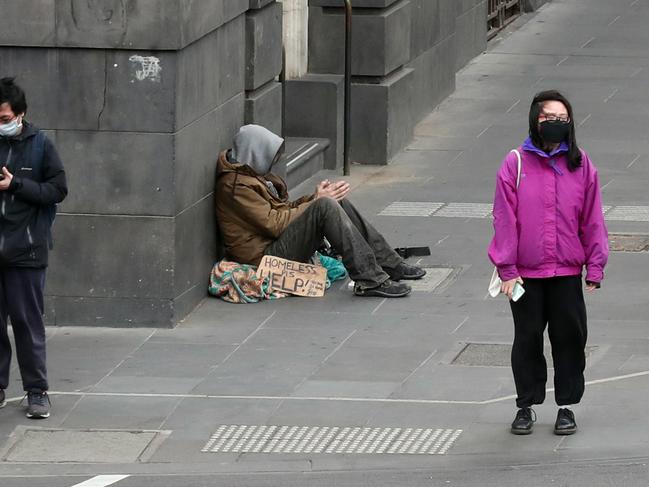
Poverty has also increased, jumping from 8 per cent of the population when The Lucky Country came out in 1964, to 13.6 per cent in 2020, and underemployment is three times what it was at the start of the 1980s, according to the Reserve Bank.
We've slipped in education, too. A 2017 UNICEF study ranked Australia 39 out of 41 developed countries for achieving quality schooling. As recently as October, Education Minister Alan Tudge warned our school performance “has gone backwards in absolute terms and versus other nations” over the past two decades.
Corruption is another telling indicator of a country’s performance, and here, too, things are not as good as they used to be. While Australia sits in a respectable eleventh spot in the global Corruption Perceptions Index, we’ve not been inside the top ten since 2013. But across the ditch, New Zealand has led every other nation for the past decade, except for two years when they came second to Denmark.
Even the economy – that chugga-chugga locomotive that powered on for decades, giving us 28 years of uninterrupted GDP growth – finally came off the tracks in 2020, thanks to Covid-19.
But even its success masked structural problems. A recent report from Access Economics showed that while Australia ranked 11th globally on GDP per capita, we were a lowly 37th on the “economic sophistication” index. While we may be blessed with raw materials, the report said, we are poor at doing anything with them. Lucky does not equal smart.
“Our economy is less robust than we think. Australia’s luck has come at a cost,” the Access Economics authors concluded.
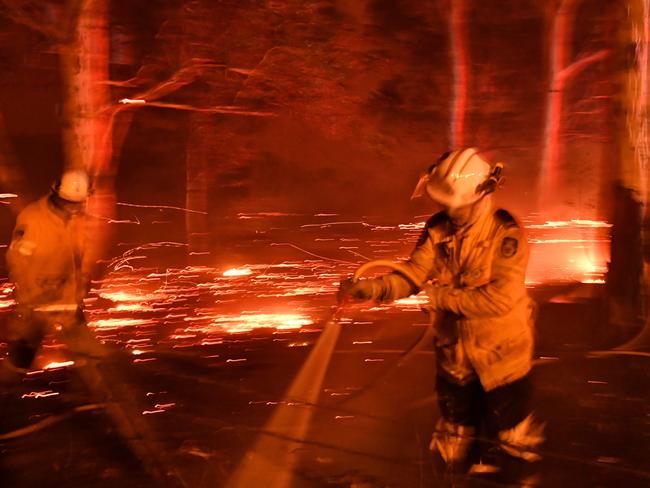
Then there’s the climate, and that’s also not what it once was. Australia is racing ahead of the global average in the warming temperature trend by 0.3 degrees, largely because of the sheer size of our landmass, and whether it’s bushfires, floods or droughts, we seem to be copping more than our fair share of natural disasters. Our canary in the climate coalmine, the Great Barrier Reef, continues to battle multiple threats, with surveys showing some northern parts of the coral spread are literally now half the size they were in the 1980s, when observational studies were first carried out.
A Save the Children report released last year suggested, when it comes to climate at least, luck really has run out for the youngest Australians.
Those children born in 2020 will experience four times as many heatwaves, three times as many droughts, and far more bushfires and floods as those born in 1960, the report found.
Beyond the statistics, something else has been shifting, although it’s harder to quantify. There seems to be a greater sense of discontent in Australian society now: more people feeling more aggrieved by more things, and being more extreme in their protests. (The attempted torching of Old Parliament House in late December being a recent example.)
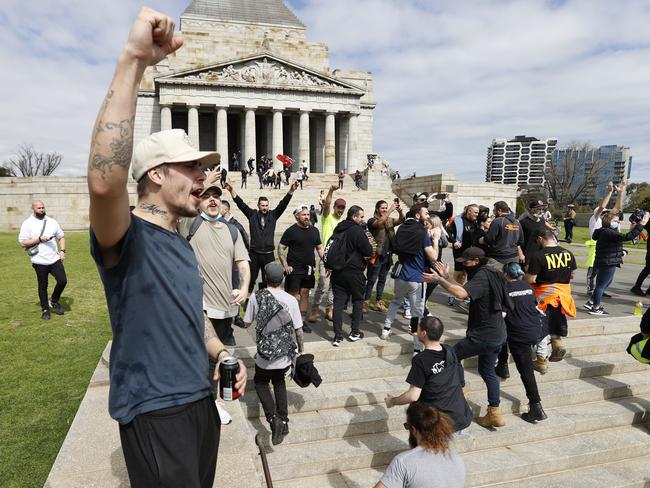
Novelist Christos Tsiolkas described the mood in his recent book,7½. Our politics have become “just one long endless and wearying moan,” he wrote. “And our secret terror is that most of us know we have nothing really to moan about. Not here, not in this place.”
The narky vibe came to the fore big-time in 2021, with so-called “freedom protesters” staging noisy marches against Covid-19 vaccines, mask mandates and lockdowns. While some of the protesters waved southern cross flags and sang that modern Australian anthem The Horses at full volume, others were utterly disturbed by the threats of violence towards elected officials, and in Melbourne, the desecration of the Shrine of Remembrance.
Tasmanian Senator Jacqui Lambie seemed to speak for many when she said it was “not the Australian way”.
WHERE WOULD YOU RATHER BE?
For others, the pandemic has bolstered the most profound sense of good fortune to be living in Australia, with comparatively few deaths and some world-beating vaccination rates. That nonsense that besets other countries? The widespread vaccine hesitancy, the conspiracy theories, the governments in denial? We don’t get that here.
Of course, we do get hiccups and mistakes – some of them appallingly bad.
But largely, the Covid-19 pandemic “is one of the great success stories of modern politics in this country,” said Professor Bongiorno.
“Collectively, the governments of Australia have managed to keep people safe. There have been fatalities and infections, but compared to just about anywhere else you might name in the world, Australia’s been kept remarkably safe, and for the most part still reasonably well off,” he said.
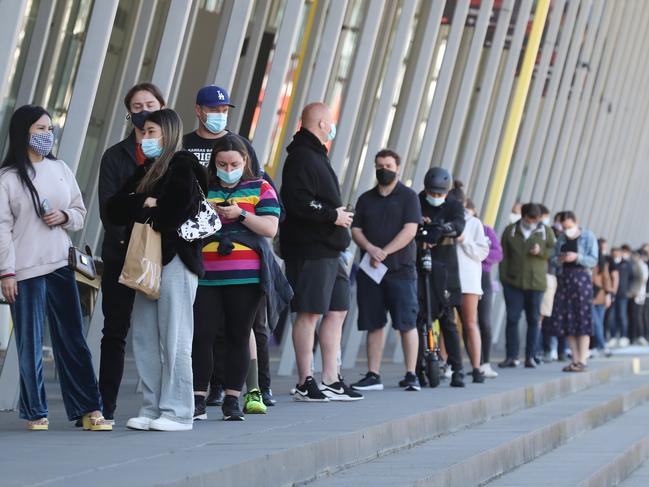
A big component of that success was the compliance of the people, both in terms of following lockdown orders and vaccine advice. A global study by Gallup found people in Australia and New Zealand had the highest level of trust in scientists of anywhere in the world – and they surveyed people in 113 countries to make that claim.
The achievement in managing the Covid-19 pandemic made for a remarkable double header for Australia in the Twentieth Century, Professor Bongiorno said.
“The first (achievement) was the global financial crisis,” he said. “Australia escaped the worst consequences of that. The kinds of impacts that were absolutely routine in most developed economies didn’t occur here; the mining boom continued and Australia went on its merry way. That reinforced a sense of Australia’s good fortune or good luck, although it was also seen to be good management.”
One interesting side effect of those achievements is the way they have helped Australians gain a new perspective on the USA. While the Lucky Country once looked up to the Land of the Free as a kind of exemplar society, the past 20 years “have sharpened our sense of difference,” Professor Bongiorno said.
“You can look at a number of domains,” he said. “Guns is important. Going down the path of a much stricter regulation of gun ownership in the mid ’90s is one of the ways we differentiate ourselves from the United States. We like to think of ourselves as a fundamentally less violent society than the US. And the health system is another way in which Australians can now see a sense of difference with the US. Australians appreciate the nature of our health system gives us a very different experience of health and illness.”
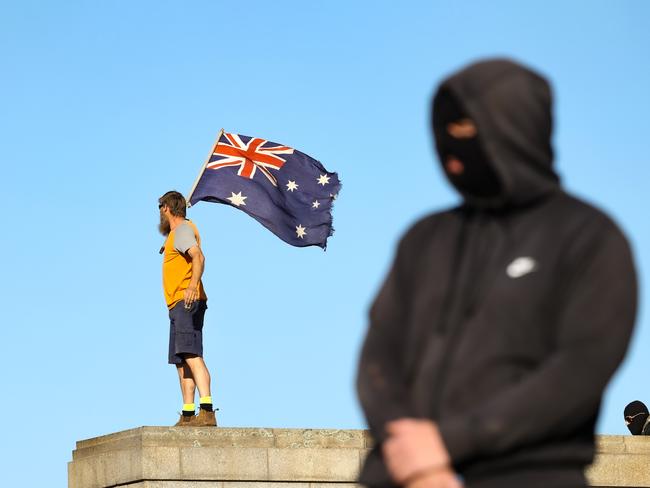
Politically, too, Aussies have had cause to be thankful in recent years, with our system of compulsory voting prompting most parties to pitch for the mainstream, rather than to galvanise those at the margins.
“Most Australians would find it difficult to imagine a Trump in this country,” Professor Bongiorno said. “And most Australians would find it difficult to imagine the sorts of scenes that we saw in Congress on the 6th of January. There’s a much stronger sense of our electoral system here being basically fair.”
OUR CHANGING FACE
That word, “fair”. It’s a concept that’s long been revered in Australia – but for just as long, its application has been inconsistent. Too often, the fair go has applied mainly to the fair skinned.
Modern Australian public life shows this is changing. The likes of Penny Wong, Waleed Aly, Ash Barty, Anh Do, Majak Daw, Jessica Mauboy and Stan Grant break up the sea of white faces on our TV screens – but how about for the average person of colour out there? Is Australia the lucky country for them?
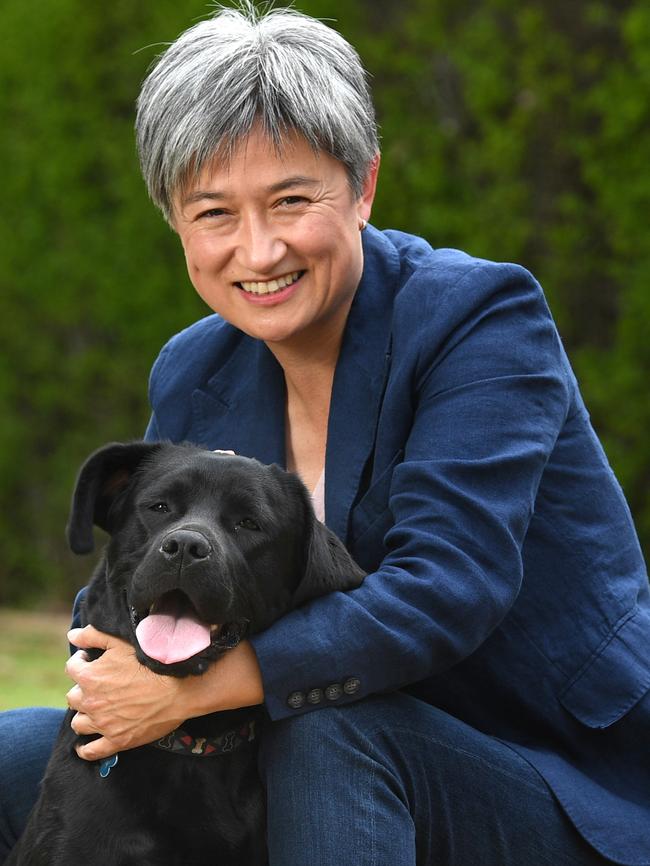
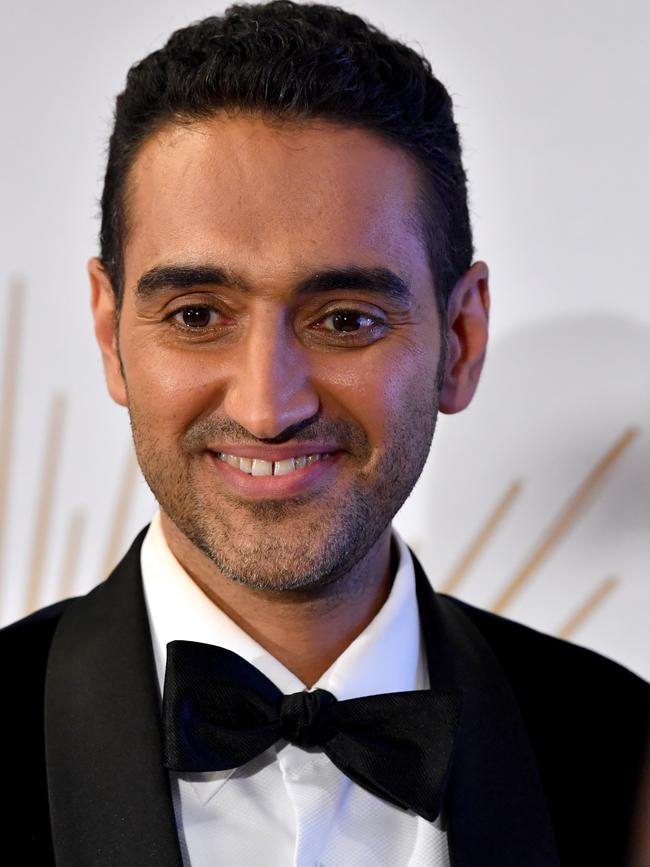
Racism persists, and so do the inequalities, said Australia’s former Race Discrimination Commissioner, and now professor in the School of Social and Political Sciences at Sydney University, Tim Soutphommasane.
“There’s a significant gap in life expectancy between Indigenous and non-Indigenous Australians. Those from Indigenous backgrounds have disproportionately high rates of incarceration,” he said. “And we know from studies, as well, that those with non-Anglo backgrounds may experience racial discrimination in the job market.”
But progress has been made, particularly in the generally easy acceptance of multiculturalism, Prof Soutphommasane said.
“We see (multiculturalism) as part of being Australian,” he said. “The majority of people believe that multiculturalism has made us a better country, and support having an immigration program that includes people from all parts of the world.”
Interestingly, the rest of the world does not refer to Australia as “the lucky country” – unlike the Land of the Free, it’s not a phrase with global usage – though we are widely known for being generally stable, prosperous and well-organised.
Has that reputation changed since Covid-19?
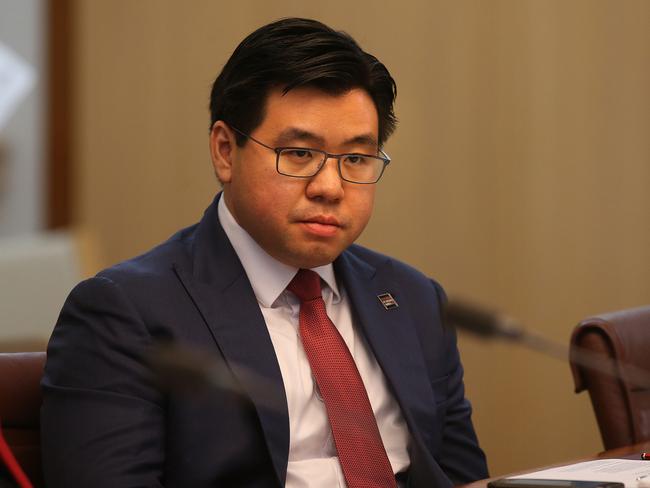
Prof Soutphommasane thinks so.
“Many in the international community have been genuinely puzzled by the ‘Fortress Australia’ approach we’ve taken to the pandemic,” he said. “Few other democracies have shut their international borders and imposed stringent lockdowns as intensely as we have. Many other democratic countries have viewed this as involving an erosion of freedoms.
“I say this based on the interviews I’ve had with members of the international press. While people overseas understand we’ve not experienced as many deaths, they do seem to believe that this has come at a significant cost to our democratic culture. I don’t think they view us as an emphatically lucky country.”
WHAT WE BELIEVE
One of the best insights we have into Australia’s changing fortunes over time is the Household, Income and Labour Dynamics in Australia study (HILDA), which has been conducted by the Melbourne Institute every year since 2001.
The study’s deputy director Professor Roger Wilkins said income inequality was frequently cited as evidence Australia was no longer the lucky country – but the claim was actually not supported by the HILDA data.
“With income inequality, it hasn’t been increasing overall for the past 20 years; it’s been rather stable,” he said. “Now you could argue it’s stable at a higher rate than is desirable, but it’s amazing, for the last 20 years, everyone – almost as a throwaway line – says the rich are getting richer and the poor are getting poorer. It’s an article of faith among the community, and I’ve been failing to convince people otherwise for the past 15 years.”
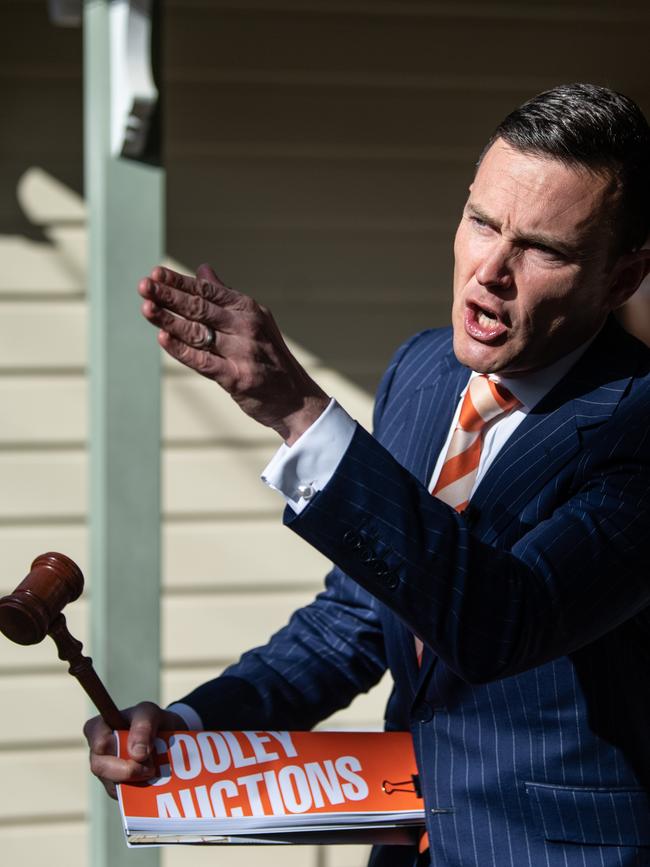
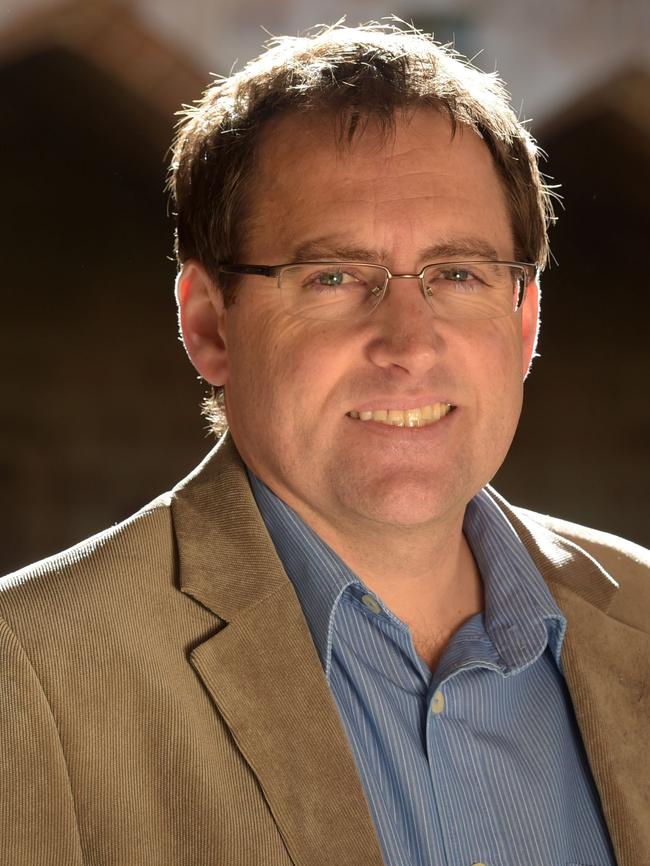
Conversely, he said, Australia’s housing unaffordability issue was probably even worse than the data suggested, with the problem partly masked by the increasing number of people in their 20s and 30s who were still living at home with their parents.
But when asked whether Australia was still the lucky country, Prof Wilkins was unequivocal.
“Absolutely,” he said. “We have by international standards high income per capita, we live in a stable geopolitical region, we have a stable democracy, and we’re endowed with enormous natural resources. When you look at the broad sweep of history and the broad sweep of the world, it’s clear we’re doing pretty well.”
Research undertaken by Bastion Insights into this issue just before the Covid-19 pandemic hit showed most Australians were in agreement with Prof Wilkins. Ninety per cent of respondents said Australia was a successful country, and more than three in four (76 per cent) agreed it was still the lucky country.
Bastion Insights is set to ask that same question of Australians again soon, but other research work suggests just how profoundly Australian attitudes have been changed by Covid-19.
In March 2021, two in three respondents (66 per cent) said they were optimistic about Australia’s future. But at the end of that long, difficult year, the proportion had plunged to just over half (53 per cent).
A clearer picture of Australia’s self-image may not emerge for years, until Covid has been globally contained.
How good is Australia? Is it still the lucky country? These questions remain open.
Originally published as Is Australia still the Lucky Country?





